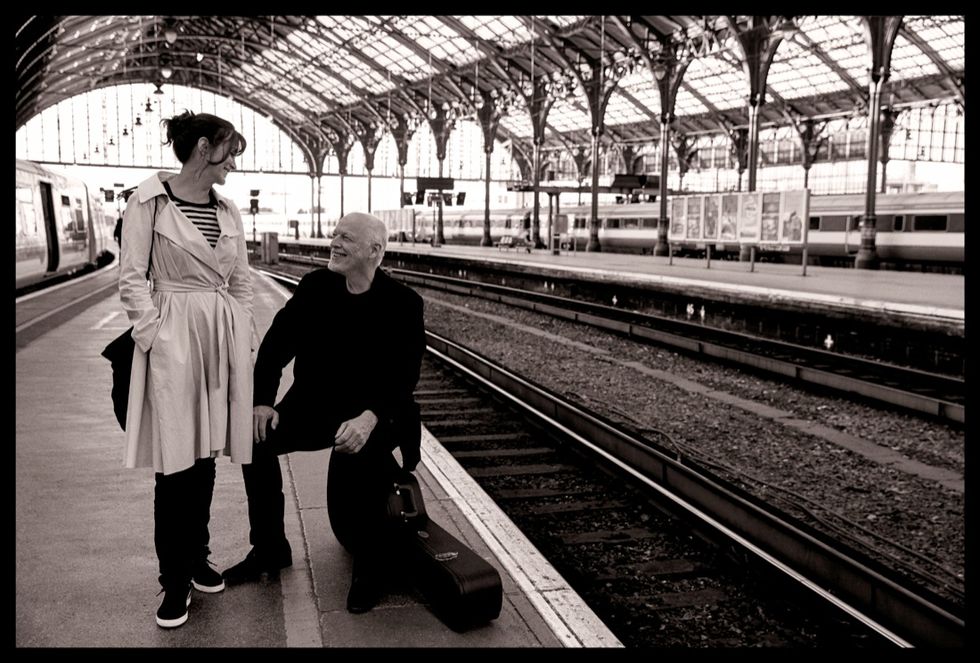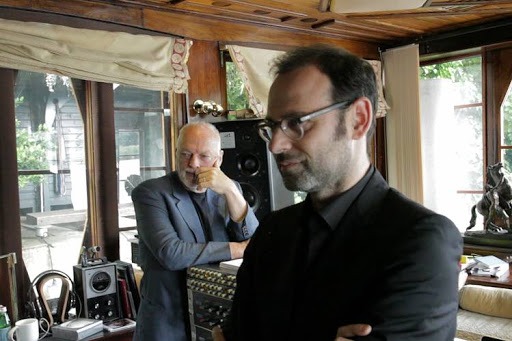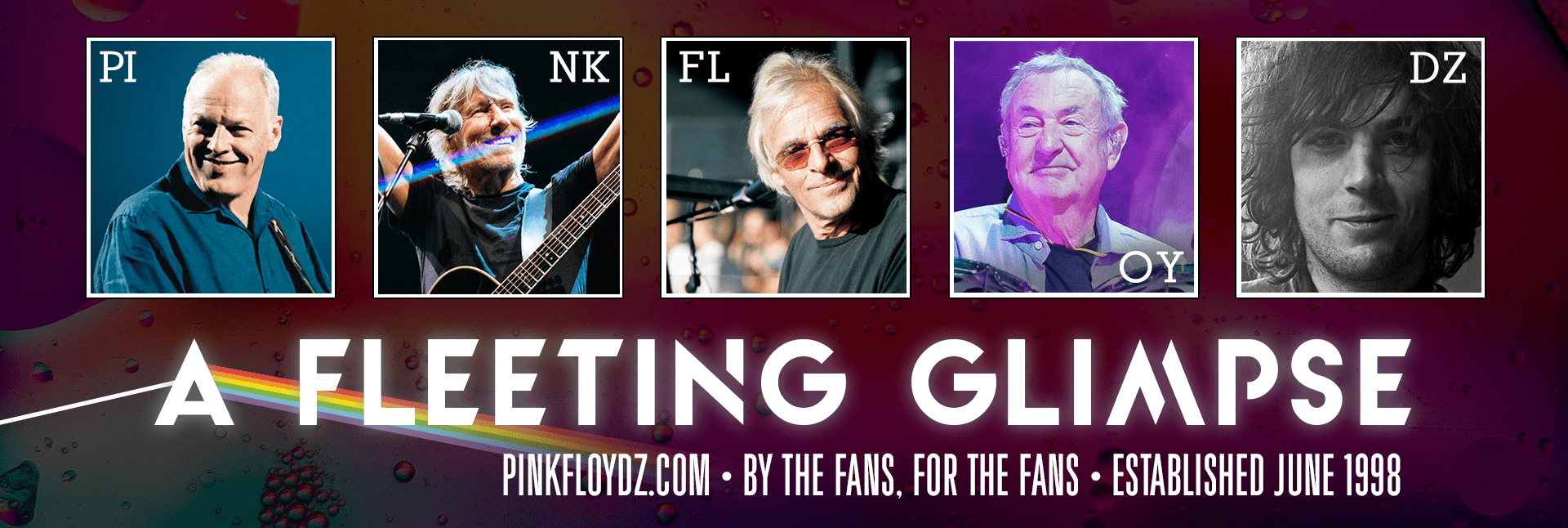David Gilmour : Wins legal battle over the jingle used in ‘Rattle That Lock
 David Gilmour released Rattle That Lock , the fourth solo album, in the summer of 2015.
David Gilmour released Rattle That Lock , the fourth solo album, in the summer of 2015.
His French fans especially remember the song that gives the album its title because it incorporates the jingle of the SNCF , the national railway company. The four musical notes that make up the jingle (C, G, A flat and E flat) have been used by the SNCF since 2005, in particular to introduce announcements in stations.
It was precisely taking the train in the summer of 2013 in Aix-en-Provence that David Gilmour fell in love with the melody. He urged his manager Paul Loasby to research the rights. It turned out that the melody was created by Michaël Boumendil , a specialist in jingles for companies, also author of a ringtone for Samsung mobile phones, music on hold for Orange, etc …
A very profitable business: his company Sixieme His Communication , created in 1995 just 23 years after leaving Edhec, achieved a turnover of 4.5 million euros in 2018, with a net margin of 19%.
David Gilmour‘s manager contacted Michaël Boumendil . They met on October 31, 2013 and made him listen to a first version of the song. On December 5, 2014, a contract was signed between David Gilmour and Michaël Boumendil . According to the agreement, the Frenchman would have been “co-author” of the song, would have received 12.5% of the proceeds and, even, 25% for the exploitation of the music alone. Then, Michaël Boumendil signed an agreement with the SNCF that granted his authorization free of charge. Finally, on 23 June 2015, Michaël Boumendil went to the Astoria , David Gilmour‘s boat / recording studio moored on the Thames near London, where the Pink Floyd guitarist played him the final version of the song.

With great pride, Michaël Boumendil told his story to the RTL TV station on July 9, 2015, just before the song was released: “It makes me really happy […] David Gilmour told me: ‘what you have done is truly unique , it’s very well done, surprisingly groove, and it made me want to write a song ‘” . In the interview Michaël Boumendil assured: “It is not a question of money at all” . In addition, the SNCF was also launching a competition to win tickets to a David Gilmour concert.
But Michaël Boumendil‘s interview with RTL didn’t please David Gilmour‘s entourage ; they believed that the Frenchman had violated the confidentiality agreement while the song had not yet come out; as a result, they excluded him from promoting the album.
Relations between the two deteriorate. In December 2016, Michaël Boumendil denounced David Gilmour for “counterfeiting” before the Tribunal de Grande Instance de Paris, asking € 493,619 in damages. He argued that the agreement signed two years earlier only covered copyright but not its production right. In other words, he claimed to have only granted the musical score (the four notes), but not their recording (the jingle that David Gilmour had recorded at the station and then inserted into his song).
Instead, on May 31, 2019, the court rejected Michaël Boumendil‘s claim , condemning him to pay 40,000 euros in legal fees. In the sentence, the judges observed that, the day after the meeting with Gilmour , “Michaël Boumendil had expressed the memory of the meeting in a message, leaving no trace of surprise or disappointment” . Furthermore, the sentence still states that the enthusiasm expressed during the interview with RTL “does not appear to be compatible with the hypothesis of violation of the contractual provisions, negotiated between professionals under conditions that do not lead to the presumption that the rights of the producer would have been ‘forgotten. ‘, as claimed ” by Michaël Boumendil .
Who did not give up and appealed, but again in vain. The Paris Court of Appeal has just rejected him, condemning him to pay an additional € 10,000 in legal fees. The appellate judges noted that the contract “states that David Gilmour is authorized to integrate the sample, modify it and use it; therefore, the sample can be understood as the excerpt of the sound recording ” of the SNCF jingle .
